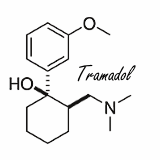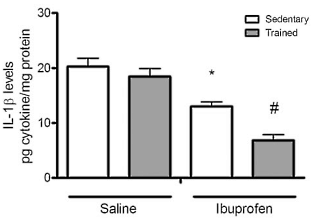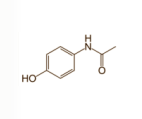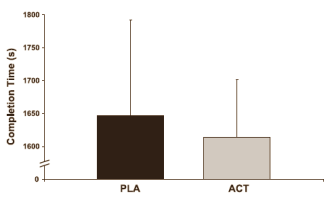|
In cycling, the post-tramadol era starts tomorrow
One of every 25 cyclists uses the synthetic opiate tramadol during competitions. Because the use of tramadol has grown out of control in recent years, from March 2019 onwards, the cycling union UCI will test cyclists for tramadol. If Spanish doping hunters are right, adding tramadol to the doping list will reduce the number of serious falls in cycling.
Tramadol
Tramadol is a synthetic opioid, which has been on the market since 1977. As a painkiller, tramadol works better than morphine. Tramadol probably also has an antidepressant effect: the substance increases the concentration of nor-adrenaline and serotonin in the brain.
Beginning in March 2019, the UCI will test cyclists for tramadol. [uci.org Jan 15, 2019] In other branches of sport, tramadol will remain a painkiller that athletes are allowed to use. This is because tests, conducted by WADA since 2012, show that cyclists in particular are using tramadol as a performance enhancer.
Study
Researchers, affiliated with Camilo Jose Cela University in Madrid, analyzed 9,851 urine samples of athletes who participated in sports competitions between 2013 and 2017. They found tramadol in 135 of them. In 113 samples they found even so much tramadol that the athletes must have taken the painkillers just before their competition.
65.2% of the athletes that had used tranadol were cyclists, 8.1% of them were triathletes and 5.9% were rowers.
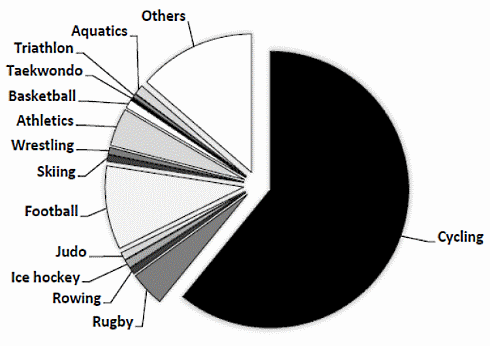
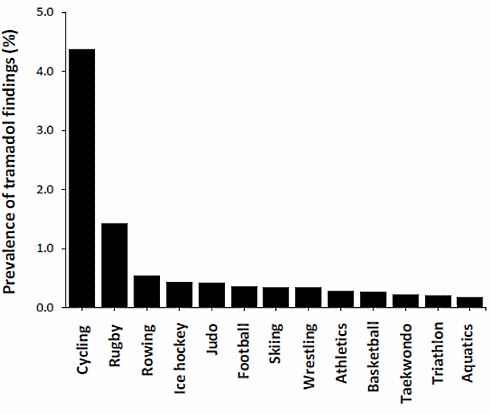
Conclusion
"Although tramadol is not a banned drug at present, the research analysis of both, Madrid Doping Control Laboratory data and WADA Monitoring Program Figures Report, confirm that tramadol is being abused in some sports, particularly in cycling", the researchers summarize.
"Two out of three tramadol findings corresponded to samples from cycling. These data substantiate the concerns raised by the UCI and the Movement for Credible Cycling about the excessive utilization of tramadol in professional cycling and perhaps justify the demand of these associations about the prohibition of this opioid in competition."
The researchers link their measurements with the serious falls that recently have occurred in cycling. "In addition, the urinary tramadol concentration found in some samples measured in the Madrid Doping Control Laboratory might be indicative of the ingestion of considerable doses of tramadol which can endanger athletes and counterparts, particularly in cycling, where crashes involving several cyclists are frequent in competition."
"Nevertheless, the abuse of tramadol is not an exclusive problem of cycling. Other sports also showed a noteworthy prevalence of tramadol findings, such as rowing and rugby union, suggesting that tramadol might be a trending analgesic used in these disciplines."
Source:
Drug Test Anal. 2019 Feb 8. doi: 10.1002/dta.2575. [Epub ahead of print].
More:
Who still believes that blood doping is not effective? 08.12.2018
12,13-Di-HOME: a new fat loss agent? Or a new undetectable endurance drug? 19.05.2018
Actovegin may soon be on the doping list 31.03.2016
Archives:
Endurance Drugs
Doping Detection
|
|

